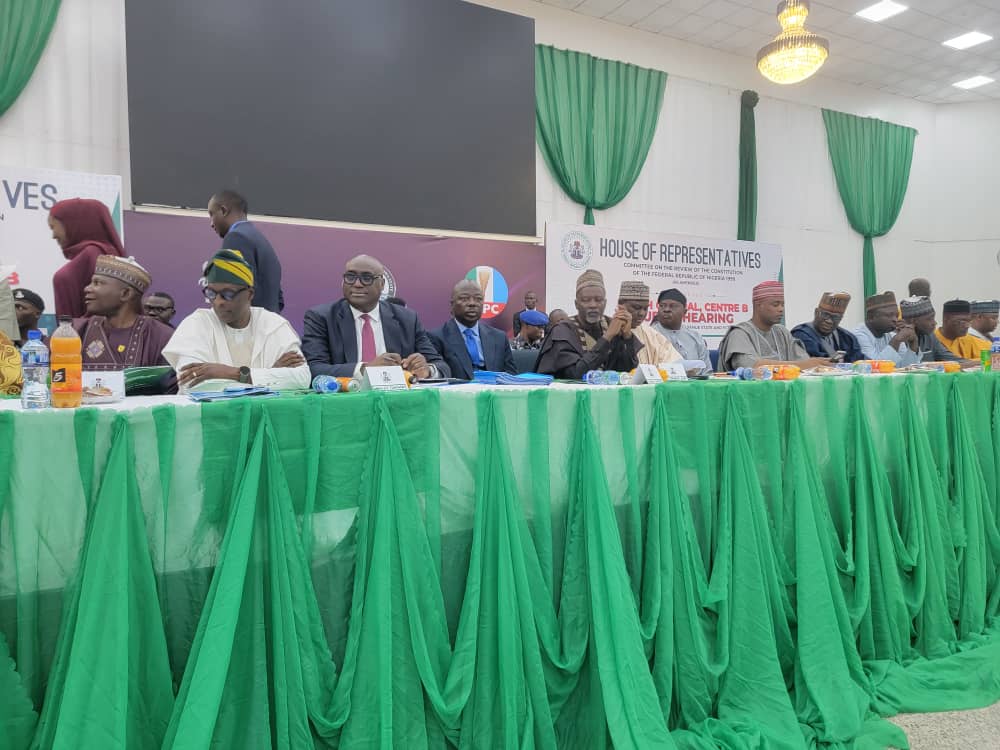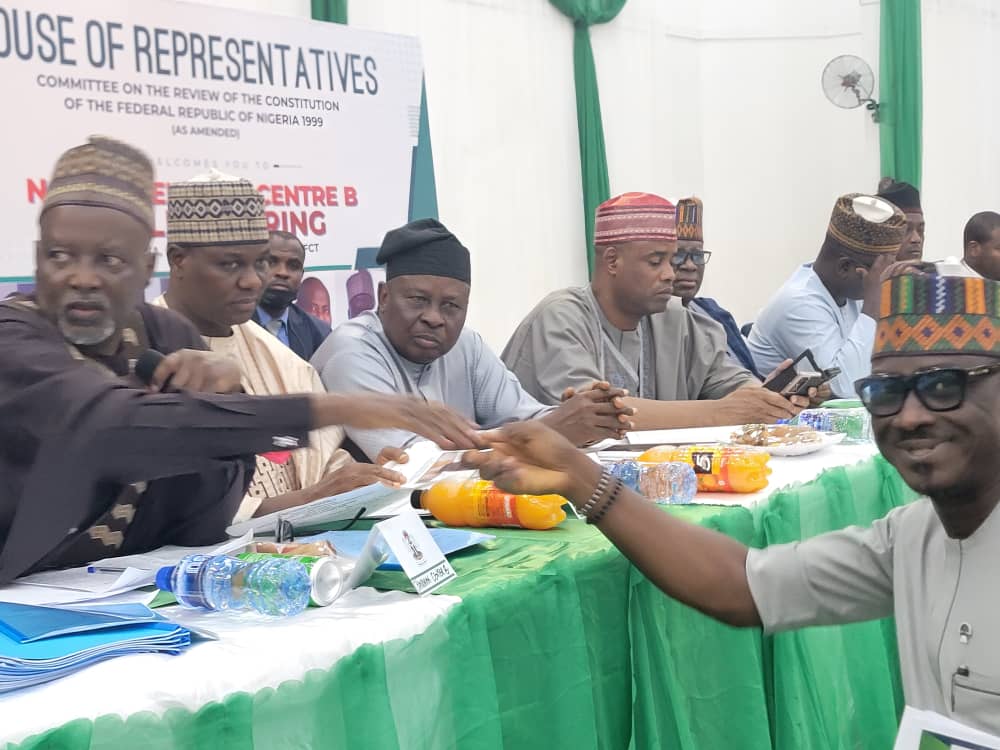We read it correctly. This was from a young man exasperated and battling with how to process the barrage of information coming in, in relation to the Corona Virus-19 disease, which the WHO had declared a pandemic and had as of March 2020, infected more than half a million people globally. Prompted further, Williams says ‘I have been looking at the death toll around the world (about 12,000) and it is heartbreaking.’
Having to sit before such information, he is just two years in the profession, proved to be intense for him to handle. This took me back to the years I was a health reporter, bringing back the conflicts and trauma I suffered while on the beat. Here is the thing with covering health in Nigeria- it’s gloomy. Maternal mortality, infant mortality, malnutrition, weak health system then the other non-communicable diseases like cancer are among the many issues confronting Nigeria’s health sector. In 2002,exposure to the issues sent me out of work for nearly one week.
In that instance, after enduring excruciating pain on my right breast for two days, I went to a hospital. The GP then referred me to a consultant who requested for a mammogram. I was sure I already had cancer. All the images of cancer patients played in my head. How was I going to foot the bill, I often I asked myself? I was depressed and could not do anything. Then I raised the funds and got the mammogram. There was nothing in it they said. Then the consultant sat me down for a long talk to understand how it started. That was when he came to the realization of why I was in pain.
It began a few days after I interviewed breast cancer patients in commemoration of world cancer day, to help dispel rumors and myths that cancer was caused by witchcraft. I remember feeling overwhelmed and wondering if there was any woman left who did not have breast cancer. Well, after a few days, I began to have the pains, so intense I was out of work for a whole week. It was not real; the pain was only in my head. With counseling and no medication, I was okay by the end of the day and was able to return to work.
Journalists do not just write stories; we live the stories, we give live to the stories, we are in the stories. While our efforts make the stories readable and livable, often times the impact affects the life of the journalist and it could be debilitating.
Returning to the young man in VON. That singular text, which unfortunately he deleted but not before the head of the department and myself his supervisor had seen it and responded, was indicative of the pressure journalists are going through in reporting crisis and in this case, a global crisis which does not appear to be abating.
So, we recommended counseling to help him get around the depressing figures and then I thought: “it’s time for journalists to understand that as human beings we must also prepare for the effects of these crises as they also affect us.
Part of what we must begin to understand as journalists is that we are not immune to the vagaries of the times. While as journalists, not many people understand that we are also in the frontline getting the facts, breaking them down, reporting them in a manner that the populace-our audiences can understand, we must put our emotional needs on the front burner.
For my colleague and all journalists, understand first that this is a crisis and people will die. Like health workers, we also need to protect ourselves, take all the precautions to ensure that we are not caught up in the issues, thereby reducing our vulnerability. Remember, that the Corona Virus does not read your press tag!!! So, I have found very instructive the protective advisory issued by the Committee for the Protection of Journalists.
Please read it if you have not already done so. https://cpj.org/2020/02/cpj-safety-advisory-covering-the-coronavirus-outbr.php
Another site I found very helpful is the Dart Centre, which has detailed guides on reporting trauma. https://dartcenter.org/content/working-with-traumatic-imagery
Importantly, ‘understand what you are dealing with’ and prepare your mind to be able to take in as much without letting it get to you. You also need to be conscious of what likely impact the images, figures and exposures to the issues can have on you, so you can minimize exposure as much as possible. Make efforts to not spend the whole day purring over figures, data and information. You must take a break! Hey, take your mind off it and listen to music, watch a movie, play a game, … laugh!
Equally, understand that figures are what they are, the meaning we give them creates a perspective. Let’s look at the positives and turn the narrative. Corona Virus or COVID-19 in this instance has affected more than five hundred thousand people, killed nearly 20,000 but more than 100,000 infected persons have recovered! That is cheering news isn’t it? See the glass as half full, rather than half empty. So are we engaging with the number of recoveries or we are dwelling on the casualties?
Do not also lose sight of the great job you are doing in ensuring that people are aware and able to make the right decisions because you are pushing out well researched stories. The great work journalists are doing has undoubtedly helped over a billion people worldwide, to take preventative actions. See? We are contributing to reducing the impact of the pandemic. However, if it becomes too heavy for you to handle, step aside, see a doctor and counselor so you can get your life back upright. If you feel too overwhelmed, talk to someone.
Instructively, supervisors and Editors must be on the lookout for such signs and take immediate and appropriate actions to stave off mental breakdown.
Every journalist must also receive training on reporting crisis and trauma because as COVID-19 has shown, beat reporting is moving from the exclusive as every reporter today is reporting COVID -19.
As we say in delivering IFJ modules on ‘Safety for journalists’: ‘remember to write to stay alive, as no story is worth the life of any journalist!’





